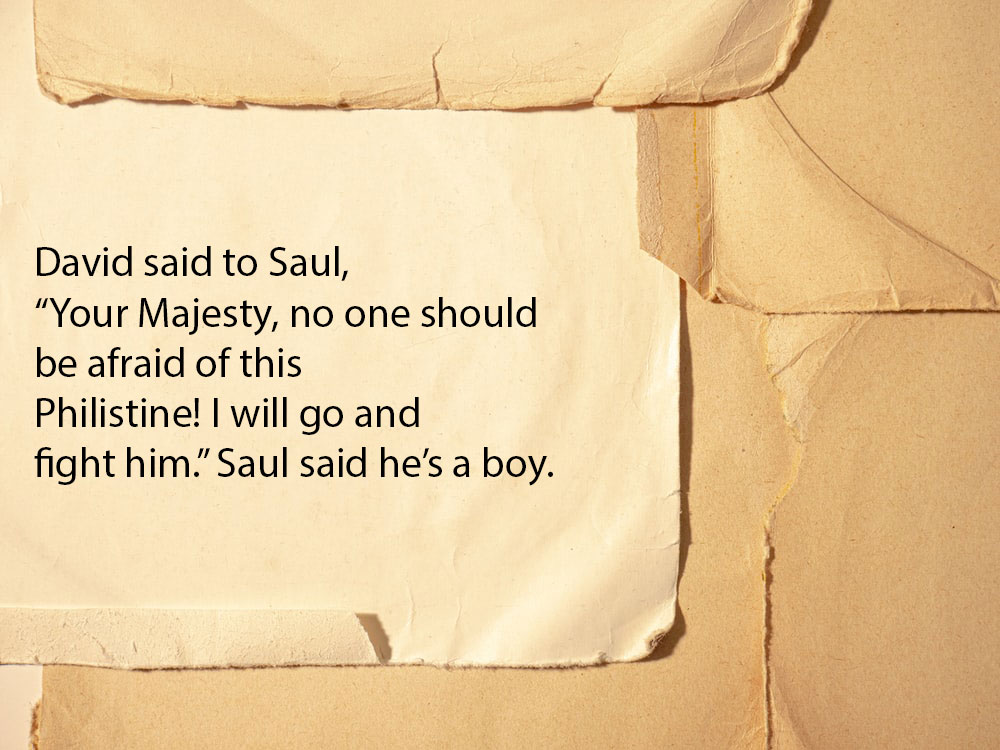Gospel: Jn 12:1-11
Six days before the Passover, Jesus came to Bethany, where he had raised Lazarus, the dead man, to life. Now they gave a dinner for him, and while Martha waited on them, Lazarus sat at the table with Jesus.
Then Mary took a pound of costly perfume, made from genuine spikenard, and anointed the feet of Jesus, wiping them with her hair. And the whole house was filled with the fragrance of the perfume. Judas Iscariot — the disciple who was to betray Jesus — remarked, “This perfume could have been sold for three hundred silver coins, and the money given to the poor.” Judas, indeed, had no concern for the poor; he was a thief, and as he held the common purse, he used to help himself to the funds. But Jesus spoke up, “Leave her alone. Was she not keeping it for the day of my burial? (The poor you always have with you, but you will not always have me.)” Many Jews heard that Jesus was there and they came, not only because of Jesus, but also to see Lazarus whom he had raised from the dead. So the chief priests thought about killing Lazarus as well, for many of the Jews were drifting away because of him, and believing in Jesus.Reflections
A BROKEN REED
HE WILL NOT CRUSH
This verse of the Bible is quoted by St. Benedict in his Holy Rule in the chapter regarding the Abbot. He is describing how the Abbot should treat his monks and this is a beautiful example of compassion which St. Benedict demands from the Abbot. It means that you do not further humiliate a person when that person is already down. There is a tendency in all of us to be a bully who keeps on humiliating a person. A bully is actually a coward. If the person being bullied just meekly accepts the humiliation the bully is encouraged to continue the bullying but if the person fights back, the bully stops. Those of us who are in a position of
authority and have the duty to discipline or reprimand people must remember that discipline is not primarily for punishing but for educating the person to learn from his or her mistake. Much less should it be an opportunity to show one’s power over the other person. There is also a point when one sees that the person is already suffering very much (like a broken reed) and St. Benedict admonishes the superior to stop at that point so that the person will not be totally crushed.© Copyright Bible Diary 2018
2014 Copyright. Claretian Communications Foundation Inc







